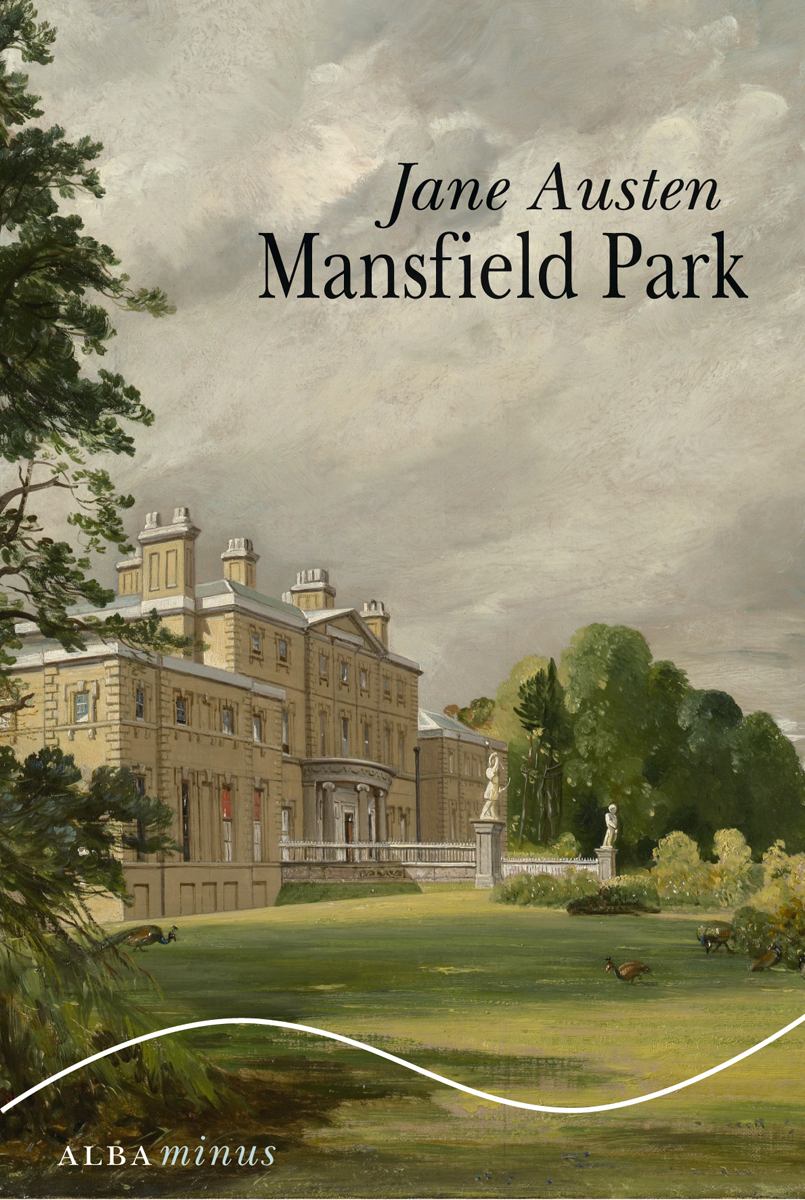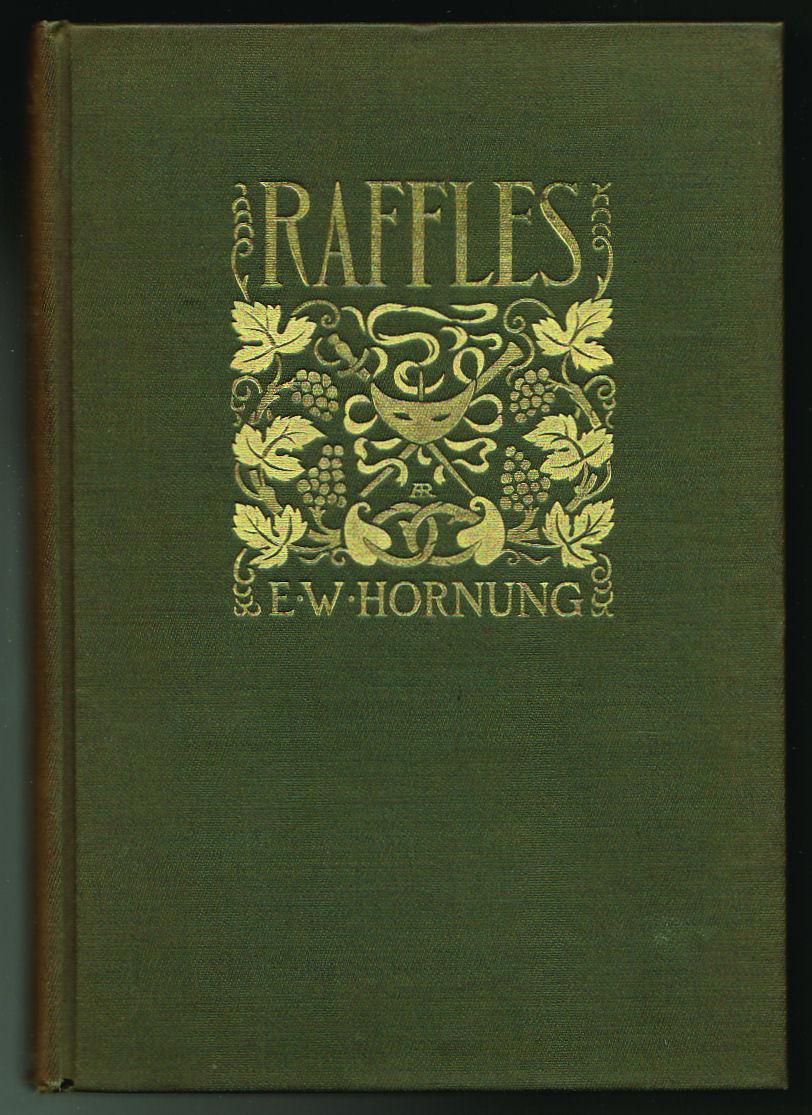I study English literature and read too much. Concise reviews of the ridiculous miscellany of my reading choices. Sometimes also things I watch and listen to. But mostly read.
Tuesday, 27 February 2018
Mansfield Park by Jane Austen
It's been years since I've read a Jane Austen novel, and I had almost completely forgotten what they were like, so I just picked one at random, I had read this one before, but such a long time ago that I literally remembered nothing of it. I feel really divided about it; on the one hand, it's extremely readable, entertaining and funny; on the other hand, the main characters made me physically ill. I think Fanny Price might be the most repulsively good character I have ever read about, completely spineless, passive, timid to the point of absurdity, and even though Jane Austen assures us that she's very clever, she seemed to me to be profoundly stupid. As for Edmund, I found him so horrible that I can't even begin to describe it. The worst of it is that other people treat Fanny terribly, but they know they're doing it, while he treats her marginally better, and thinks himself her great friend and benefactor. However, he has no actual interest in her feelings, constantly misreading her (which is partially her own fault, maybe if she could speak up for once and not be a jellyfish), and pouring out his own troubles to her without troubling to ask after hers. The way everyone (including Edmund) tried to pressure Fanny into accepting Henry Crawford was actually nauseating. And I was really disturbed by the way Sir Thomas starts treating Fanny differently once she grows older and becomes better-looking, it just seemed like he was sort of lecherously leering at her. Fanny's 'delicate health' (god knows what's wrong with her) drove me absolutely insane; she gets a headache from stepping out into the sun, she can't walk a quarter of a mile without collapsing with tiredness, she's just utterly helpless and irritating. My favourite characters were Mrs. Norris, who provides endless entertainment with her atrocious hypocrisy, and Mary Crawford. Mary was the only character who I actually liked; she was witty, lively, interesting, not over-delicate in either her health or her morals. I feel like Austen's heroines reach such a degree of moral refinement that it's completely sickening and makes me feel suffocated, while Mary is practical, fun-loving and out to enjoy life. But I loved the writing style and Austen's satirical attitude, so I really did have a great time reading this novel, I even enjoyed feeling all the frustration with the characters, but I just wish they had been a little less maddening.
Thursday, 22 February 2018
The Black Mask by E. W. Hornung
Sunday, 18 February 2018
Headlong by Michael Frayn
This is yet another novel that I picked out of Waterstones displays of noteworthy books, and as usual, it proved a great read. It reminded me a lot of Byatt's Possession, but I remember that when I was reading Possession, it constantly seemed to me that it just wasn't funny enough, there seemed to be a lot of openings for some really hilarious action, but it just didn't happen (I don't think much of Byatt's sense of humour in general). This novel really exploited the comedy to the full, it was absolutely hilarious. I loved the voice of the narrator, it was one of the most engaging and witty first-person narrations I've ever read. I didn't like the extensive parts about history, and got hopelessly confused with the maths on commission percentages, tax duties, etc, but other than that, it was great. I found the pacing of it really unusual, it seemed like as soon as something seemed to have been decided upon and settled, everything turns upside-down and becomes a gigantic mess, so that nothing seems solid and stable. The action seems to move at either an absolutely frantic speed, so stop completely, then suddenly set off in a different direction. As someone who (in a very small way) struggles with interpreting and criticism (though not, thankfully, of art), I was really amused by the narrator's attempts to come up with sweeping, grand interpretations, only to throw them aside the next second and start all over again with a new, even more improbable one. The book didn't make me in the least interested in 16th century art or history in the Netherlands, but it was really amusing, clever and fun, and plus there were several allusions to The Importance of Being Earnest (apt, since it's the ultimate farce), which made me very happy.
Saturday, 10 February 2018
Tipping the Velvet by Sarah Waters
I tried this book somewhat tentatively, because I don't usually like novels that are overly explicit about sex, but I wound up really liking it. It's actually very well and engagingly written, and seemed to me a lot like an eighteenth century novel (maybe Tom Jones or something like that) because of its fantastically improbable, fast-moving and exciting narrative, with the main character's fortunes going up and down erratically (from music hall star to maniacally depressive recluse in a few hours, from petted sex toy to penniless wanderer in seconds). I got really attached to some of the characters, I loved, Nancy, the main character and really loved her landlady and her autistic daughter, who sort of adopted Nancy at one point, and later Diana, who 'keeps' Nancy. What I found really strange was that Sarah Waters is much better at writing characters in explicit situations, or who are very experienced, rather than naive or innocent characters. Nancy only comes into focus as a character once she enters a sexual relationship with her first partner, before that, I couldn't believe in her as a character or understand her behaviour at all. All the dialogue is really boring at first, sometimes it just says something like 'we talked about x for a while' and whatever it is seems really dull and stupid, it's as if Sarah Waters didn't even know what to fill up the space with. All the characters come alive only when it comes to sex, which I'm not sure I liked. But I really loved the pace and action of the novel, even though I absolutely hated the way it ended (I really didn't want to read about how socialism is the answer to all of life's problems, apparently even those of sexuality). I guess that from a novel that takes up such a controversial, or at least daring and unusual, subject, I would have expected a daring and unusual form. But it's sort of like a Dickens novel, except with lesbians and explicit sex. I really enjoyed the language though, there's something both very nineteenth-century and contemporary about it, I'm not sure what it is, but Sarah Waters really got the right note in terms of the language and atmosphere for a historical novel. Another strange thing about it is the constant explicit foreshadowing, things like 'but I little knew how tragically it would end', which made me so anxious while I was reading it, because I kept worrying about what dreadful thing was going to happen. I'm sure it was deliberate, but it felt a bit overused. It's really readable and entertaining, but I really would have preferred for it to be less explicit at some parts, there were things in there that I just would have preferred to never have read and that slightly haunt me at night.
Monday, 5 February 2018
Mr. Pye by Mervyn Peake
Mervyn Peake is truly a master of the grotesque and the utterly bizarre. I started this book under the impression that it (unlike the Gormenghast books) was a realistic novel, but it turned out to be what would now I guess be called 'magical realism'. But the supernatural events are nowhere near the most remarkable thing about it; Mervyn Peake's style is so unsettling and creepy that it basically constitutes a genre of the supernatural in itself. I had to read the book very slowly because I find his style upsetting and frightening if I'm exposed to it for long periods, and though a lot of it was really funny, there's something really disquieting about it. I liked the first half much better than the second, because I felt like the plot was just spinning out of control and I became totally confused, I really have no idea what it all means now that I've finished it. So while I really enjoyed it, I'm also sort of glad that I'm done with it, because normal life feels reassuringly stable by comparison. I didn't really care for or like any of the characters, I mostly just really liked the situations and relationships between them. I think I have books where I get attached to the characters, and books where the characters are just impossible to identify with, and I don't think are meant to be identified with, and it's really hard for me to switch between the two types of books. I might have enjoyed this book even more if I hadn't constantly been bothered by the need to find a character I like, but it's really hard for me to put that aside.
Subscribe to:
Posts (Atom)



